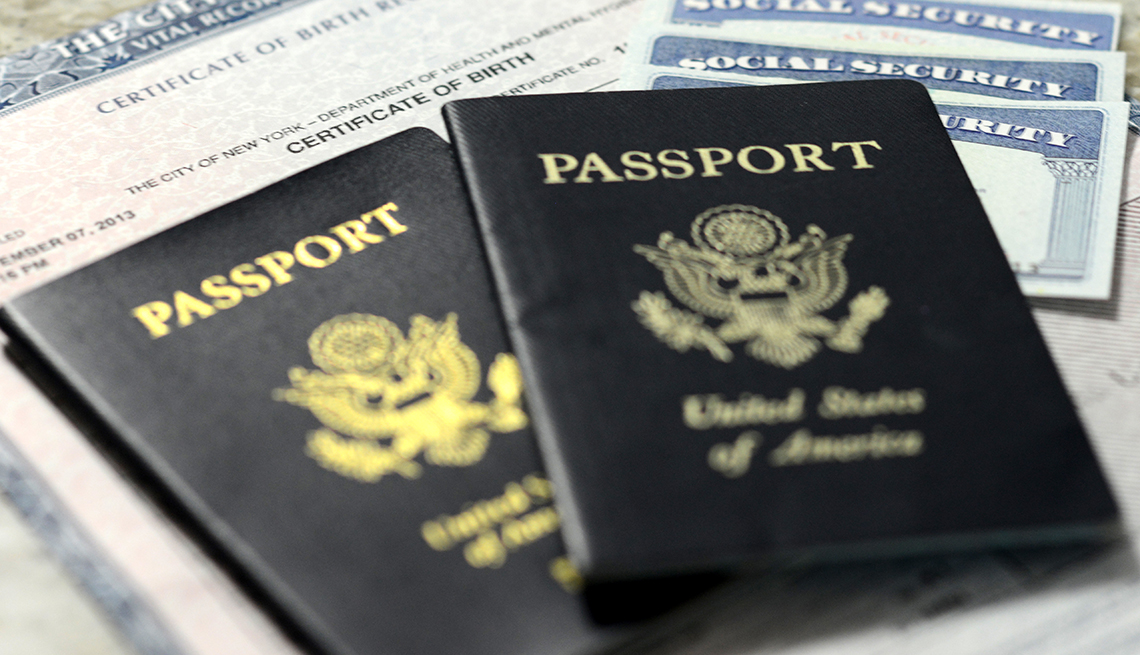AARP Hearing Center
With 2 million applications for U.S. passports in the pipeline, bad actors have exploited the bottleneck to try to take money from victims and run. Some of the con artists have pocketed victims’ personal and financial information, putting them at risk for identity theft.
U.S. Rep. Lauren Underwood (D-Ill.) wrote to the State Department last week noting that many congressional offices have gotten reports that increasing numbers of their constituents have become targets of passport scams. The suburban Chicago lawmaker is among many in Congress demanding fixes.
Underlying trends fuel the fraud. Some foreign countries are opening borders as COVID-19 vaccinations increase. And many Americans have a burning desire to travel after being homebound because of the pandemic. Some call their jaunts “revenge travel.”
There are waits of up to 4 1/2 months for passport renewals and up to three months if an applicant pays the government a $60 fee for expedited service, the State Department says.
Underwood calls the delays “incredibly frustrating” and says business people are losing out and constituents are missing reunions with loved ones, milestone birthdays and weddings abroad.
Fraudsters sell appointments, steal identities
Fraudsters follow the headlines and have swooped down like vultures to make a bad situation worse. Some purport to offer “expedited” service but don't deliver. Others have been selling the “urgent travel” appointments that the State Department offers free of charge at its 26 passport agencies and centers.


Scammers have sold the appointment slots for thousands of dollars to desperate travelers, the Better Business Bureau says. The chicanery prompted the State Department to temporarily disable its online booking system for Urgent Travel Service appointments at passport agencies and centers. Appointment made before the July 21 halt will be honored. And the stoppage does not affect so-called passport-acceptance facilities that include post offices, libraries and other local government offices. Several have online appointment scheduling not affected by the change.
Officials at State said the temporary halt occurred after third parties booked appointments online using automated programs, or bots, and put the slots up for sale. Outsiders “booked all available appointments within minutes of the appointments being posted,” department officials told wannabe travelers, “which prevented many of you from making appointments and made it difficult to determine if your appointment was legitimate or fraudulent."






































































